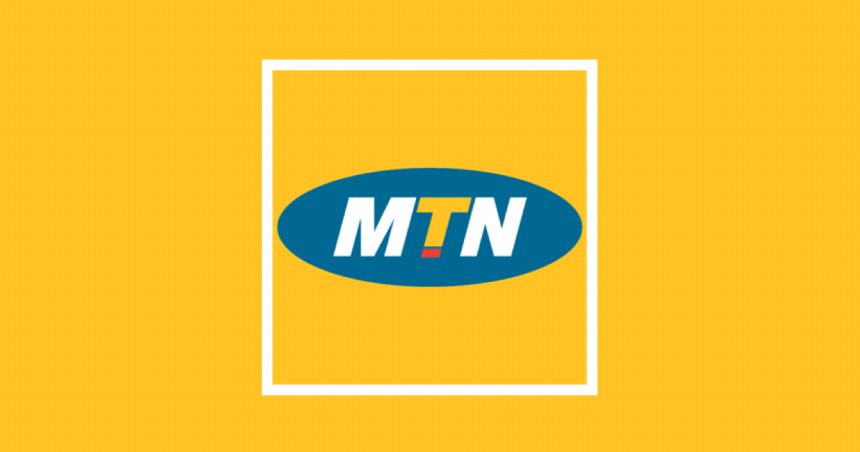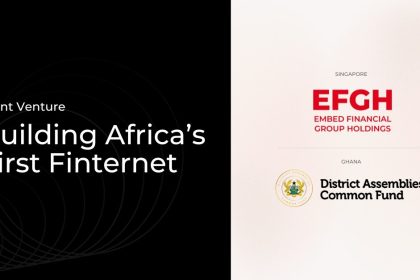The National Communications Authority (NCA) has set new rules for mobile network giant, MTN Ghana, following the declaration as a Significant Market Power (SMP).
The new rules, according to the NCA, is aimed at ensuring a level playing field for all network operators within the industry.
MTN Ghana currently controls about 70% of the mobile telephony industry in the country.
The new rules are below:
30% Asymmetrical Interconnection Rate
For the next two years, MTN Ghana will receive 30% less for traffic from other mobile operators to its network. That is, the charges the other mobile operators will have to pay MTN per minute for voice call or per text message from their subscribers to those on MTN would be 30% less than the rate MTN would be expected to pay for traffic to other networks.
Price Ceilings
MTN Ghana will also be restricted from pricing its voice, data, SMS and mobile money services less than its stated default rate as part of a promotion – unless NCA approves it.
MTN Ghana would be expected to submit every pricing plan or package to the NCA for approval before they can be implemented.
On-net off-net differentials
MTN Ghana will be expected to charge the same for call and SMS between MTN to MTN communication and MTN to other networks.
Calls to the same networks are usually cheaper than to other networks but under the new law, MTN Ghana will be compelled to charge the same price.
National Roaming
MTN Ghana will also be expected to open up its networks in a way that allows other networks to tap into and connect in areas where the other networks may not have coverage/reception. MTN Ghana can, however, agree on a roaming fee with the networks.
So, if a Vodafone customer, for instance, goes to an area where there is no Vodafone coverage, but there is MTN coverage, MTN is required to allow that Vodafone customer to access its network and be able to communicate via both voice and data.
The new rules are currently not being enforces as MTN Ghana has pushed the case to the Supreme Court, seeking a judicial review and insisting that there was a breach of procedural fairness.










